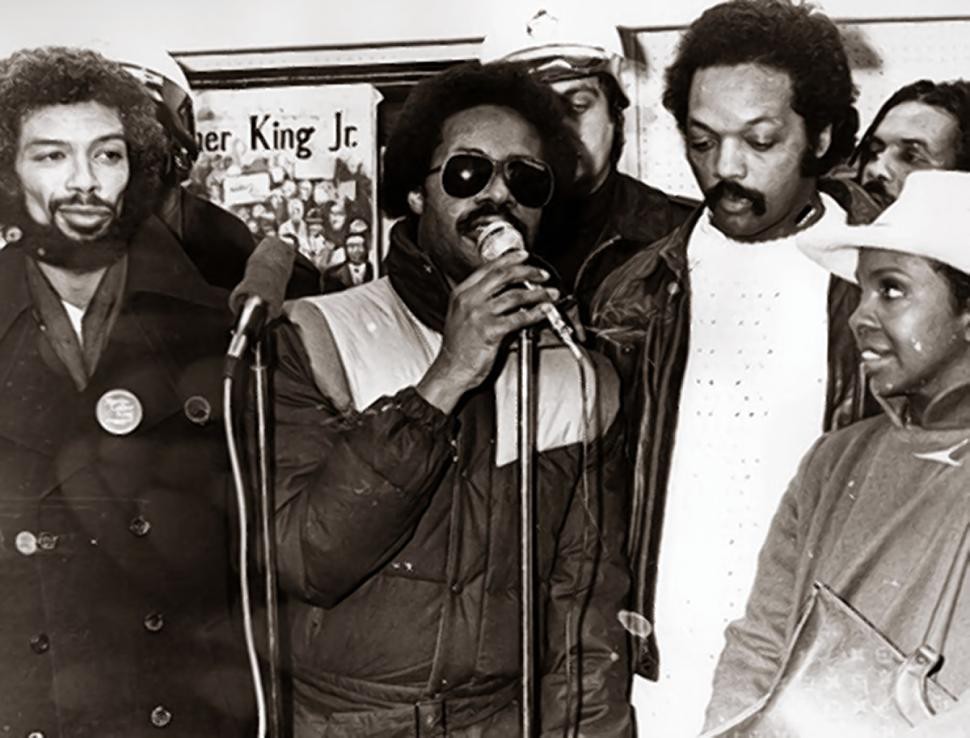AFRO AMERICAN NEWSPAPERS/GADO/GETTY IMAGES
Dr. King was assassinated on April 4th in 1968, but his holiday wasn’t celebrated until November 17th, 1986, nearly 20 years later.
Writing for Cuepoint on Medium, Marcus Baram, journalist and author of the biography “Gil Scott-Heron: Pieces of a Man”, explores how the holiday came to be through the dedicated intervention of Stevie Wonder, musical prodigy and multi-Grammy winning recording artist.
Wonder flew to Atlanta for King’s funeral, where he was joined by Congressman John Conyers, who had written a bill to commemorate King’s birth with a national holiday. The bill languished for over a decade before being endorsed by President Jimmy Carter.
The bill faced opposition, with Congressman Jessie Helms as the figurative leader in pushing back against the bill. In his dissent, Helms labelled King a lawbreaker and a communist sympathizer, possibly because of the support that labor unions extended to the bill.
Wonder released singles, and an album, dedicated to the passage of the bill. He performed a duo role as rally leader and musician at massive concerts, with Gil Scott-Heron, Michael Jackson, and Carlos Santana making appearances. Reagan opposed the holiday, but hearings resumed on the bill.
From the article:
Despite the outpouring of support—and millions of signatures gathered by Wonder and his team—Congress continued to debate the issue. President Reagan opposed the holiday, citing the cost of another national day off and suggesting instead a scholarship program for young blacks. Wonder came back the next January for another rally, and finally hearings resumed in 1982 and 1983. Though both Coretta Scott King and Wonder gave moving testimony, conservatives were on fire, led by Jesse Helms. During an intense filibuster, the North Carolina Republican labeled King a “Marxist-Leninist” whose “whole movement included Communists,” and called on the FBI to release its records on King. His language was so hateful that at one point New York Senator Daniel Patrick Moynihan angrily threw a batch of Helms’s documents on the floor, calling it a “packet of filth.”
Helms vitriol forced moderates to support the bill. Refusal to sign would signal support for increasingly hateful rhetoric, and the bill passed by a wide margin. Several states refused to celebrate, however, and the last holdout, South Carolina, only accepted the holiday in the year 2000.
In 2013, the Atlantic published an interview conducted with King by Pulitzer Prize winning poet and novelist Robert Penn Warren on March 18, 1964. The interview is provided in text excerpts, and the hour long audio is available in full at their site. It’s incredible to hear King speak on a number of topics, and provide biographical details of the fight for civil rights, especially on the day honoring his life and work.
You can read the entire piece by Baram, and see an archive of photos of Wonder throughout the campaign to create a national holiday for King, on the Medium.
Posted by David Streever

